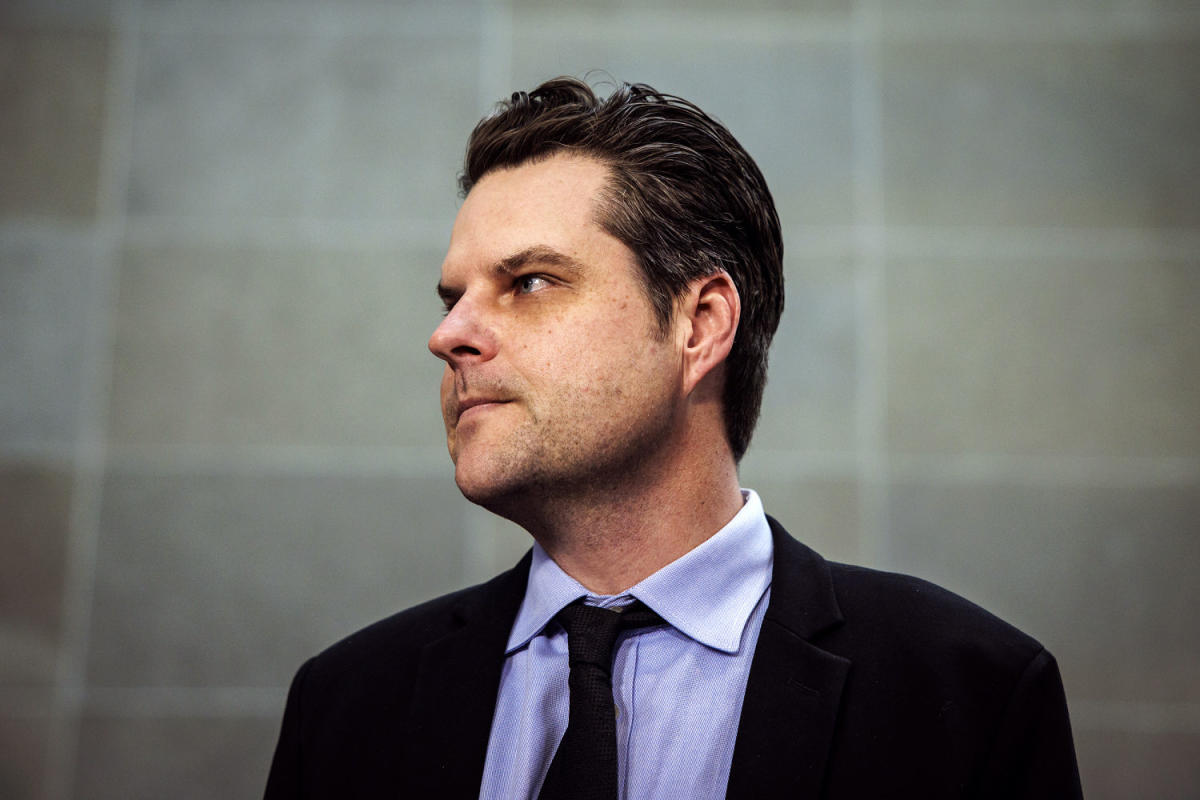Dec. 5—QUINCY — The city of Quincy is expected to spend approximately $113.49 million in 2025, according to the preliminary budget. Because it is a preliminary budget, it is still subject to change, and Chief Financial Officer Carrie Lnenicka said some changes are in the works.
Quincy City Council members voted Tuesday to increase the city’s utility tax from 4% to 6%, the maximum amount allowed under state law. The tax is levied on the gross income of electric and natural gas utilities, with an exemption for each monthly bill over $40,000.
Lnenicka told council members the increase should bring in about $500,000 in additional revenue. Councilman Andrew Royer said the city has been collecting the tax since the 1980s.
The preliminary budget calls for Quincy to use about $530,000 of its current spending reserves to balance the 2025 budget, but Lnenicka said the utility tax increase would make up most of the difference.
“Now that the energy tax increase is approved, revenues will increase and offset expenses that appear to be disappearing into reserves as expected. The reality is that we have received more revenue than anticipated in our 2024 budget, and our expenditure remains below budget. Well, so our actual ending fund balance (reserves) will be greater once the year actually ends,” Lnenicka wrote in response to a question from the Columbia Basin Herald.
The city’s current expenditure fund is estimated at $13.74 million in the preliminary budget. The current expense fund pays for most city operations, including some or all of the salaries for most city employees, supplies and costs for most city operations.
Before any adjustments, the Street Reserve Fund expects approximately $8.9 million in transfers and revenues and approximately $8.46 million in expenditures. Lnenicka said this reflects the city’s efforts to save some money in recent years to work on street projects, some of which are planned for 2025.
The situation is similar in the city’s utility fund, with $14.21 million in projected revenues and $13.27 in projected expenses. The water system is in need of repairs and expansion, with some of those projects planned for 2025.
Industrial sewer operating fund revenues were estimated at $14.31 million, while costs were $12.7 million. The domestic sewer operating fund was expected to have approximately $13.7 million in revenues and $13.57 million in expenses.
Bob Davis, Quincy’s water program manager, said at Tuesday’s council meeting that the sewer system needs repairs and that the city has been notified that parts of it do not meet Washington Department of Ecology regulations.






